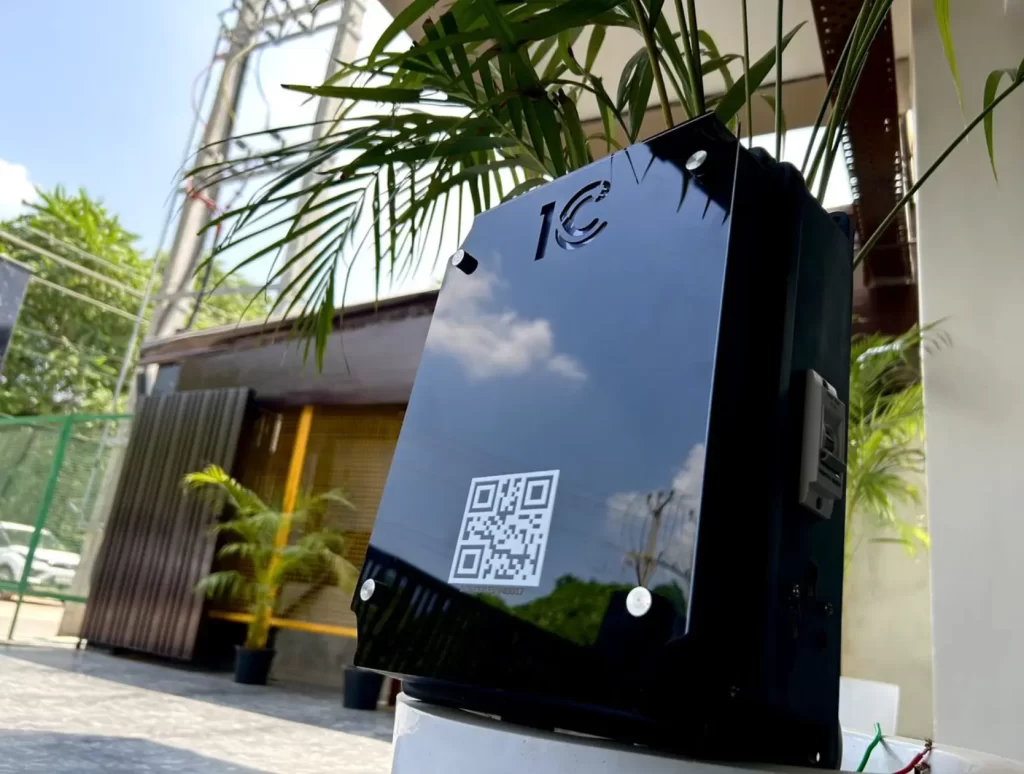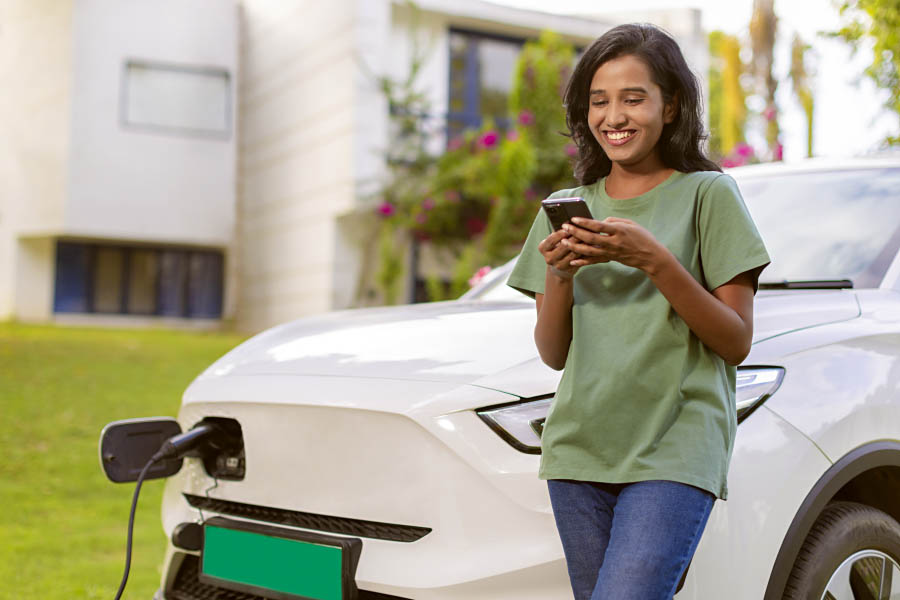Menu
Menu

India is at a crossroads. The automotive sector is a significant contributor to the country’s economic well-being, so a shift towards electric vehicles (EVs) is inevitable and essential. This transition, however, hinges on a crucial factor: charging infrastructure.
India’s EV Aspirations: A Vision for a Sustainable Future
Amitabh Kant, a prominent figure in India’s policymaking circles, has made a bold statement – complete electrification of two-wheeler and three-wheeler segments by 2030. This ambitious goal aligns with India’s vision of becoming a global leader in EV manufacturing.
The driving force behind this push is multifaceted. Fossil fuel dependence presents environmental and economic challenges. Embracing EVs offers a cleaner alternative, reducing emissions and aligning with India’s climate change commitments. Furthermore, considering the auto industry’s significant contribution to the GDP and exports, transitioning to EVs presents an opportunity to retain and expand market share in the face of a global shift towards electric mobility.
Data from the Vahan portal reflects a positive trend in EV registrations, mainly for two-wheelers. This growth, however, is contingent on a robust charging infrastructure. While Kant proposes a target of one million fast chargers by 2030, the current reality paints a different picture. India currently has a significant gap between the number of EVs and available charging stations.
Bridging the Gap: Strategies for a Smooth Transition
Building a robust charging network requires a multi-pronged approach:

While building charging infrastructure is a priority, addressing user concerns is equally important. Efforts are needed to:

The road to complete EV penetration in India is paved with challenges. However, the potential benefits – environmental, economic, and industrial – are significant. By building a robust charging infrastructure, fostering innovation, and addressing user concerns, India can usher in a new era of sustainable mobility, solidifying its position as a global leader in EV technology and manufacturing. The ambitious target of one million fast chargers by 2030 is a starting point, and with a concerted effort from all stakeholders, India can ensure a smooth transition to an electric future.
© 2024 Massive Mobility Private Limited. All rights Reserved